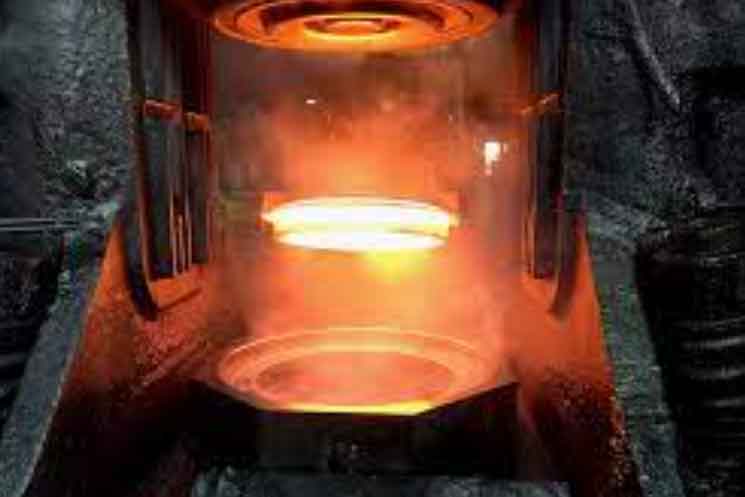
In heavy-duty applications, such as those found in industries like automotive, aerospace, oil and gas, and construction, the role of gear forgings is crucial in establishing a strong foundation for reliable and efficient operations. Gear forgings provide several advantages over other manufacturing methods, such as casting or machining, when it comes to producing gears capable of withstanding heavy loads, high temperatures, and extreme operating conditions. Let’s explore the key aspects of gear forgings and their significance in heavy-duty applications.
Strength and Durability:
Gear forgings offer exceptional strength and durability due to the inherent metallurgical properties achieved through the forging process. During forging, the metal is shaped by applying compressive forces, which refine the grain structure, eliminate voids, and enhance the overall material properties. As a result, forged gears exhibit higher fatigue strength, toughness, and resistance to wear, ensuring long-lasting performance under demanding conditions.
Enhanced Load-Carrying Capacity:
Heavy-duty applications often involve transmitting substantial power and torque through gears. Forged gears possess superior load-carrying capacity compared to gears manufactured through alternative methods. The forging process aligns the grain flow along the gear teeth, enabling them to efficiently distribute and manage the applied loads. This characteristic minimizes the risk of premature gear failure, deformation, or tooth breakage, thereby enhancing the overall reliability and safety of the equipment.
Consistent and Precise Geometric Accuracy:
Precision is paramount when it comes to gear applications, as even slight deviations in tooth profiles or dimensions can lead to increased noise, vibration, and reduced efficiency. Gear forgings, produced using closed-die forging or open-die forging techniques, ensure excellent dimensional accuracy and tight tolerances. The controlled deformation process employed in forging enables the creation of complex gear geometries with repeatable accuracy, ensuring smooth and efficient meshing of gears for optimal power transmission.
Material Flexibility:
Gear forgings offer versatility in terms of material selection. Various high-strength alloys, such as carbon steels, alloy steels, and stainless steels, can be forged to produce gears tailored to specific application requirements. Additionally, specialized alloys like nickel-based superalloys or titanium alloys can be forged to meet the extreme demands of aerospace or high-temperature applications. The ability to choose the most suitable material allows for optimized gear performance, considering factors such as strength, corrosion resistance, and temperature resistance.
Cost-Effectiveness: Although gear forgings may involve higher initial production costs compared to alternative manufacturing methods like casting, they offer long-term cost advantages. The durability, reliability, and extended service life of forged gears minimize maintenance and replacement expenses, leading to lower overall life cycle costs. Furthermore, the potential for weight reduction achieved through optimized designs and material selection can result in improved fuel efficiency and reduced energy consumption.
In heavy-duty applications, where reliability, durability, and performance are critical, gear forgings play an indispensable role. The combination of superior strength, enhanced load-carrying capacity, precise geometries, material flexibility, and long-term cost-effectiveness make gear forgings the preferred choice for demanding industries that rely on heavy machinery and equipment.
